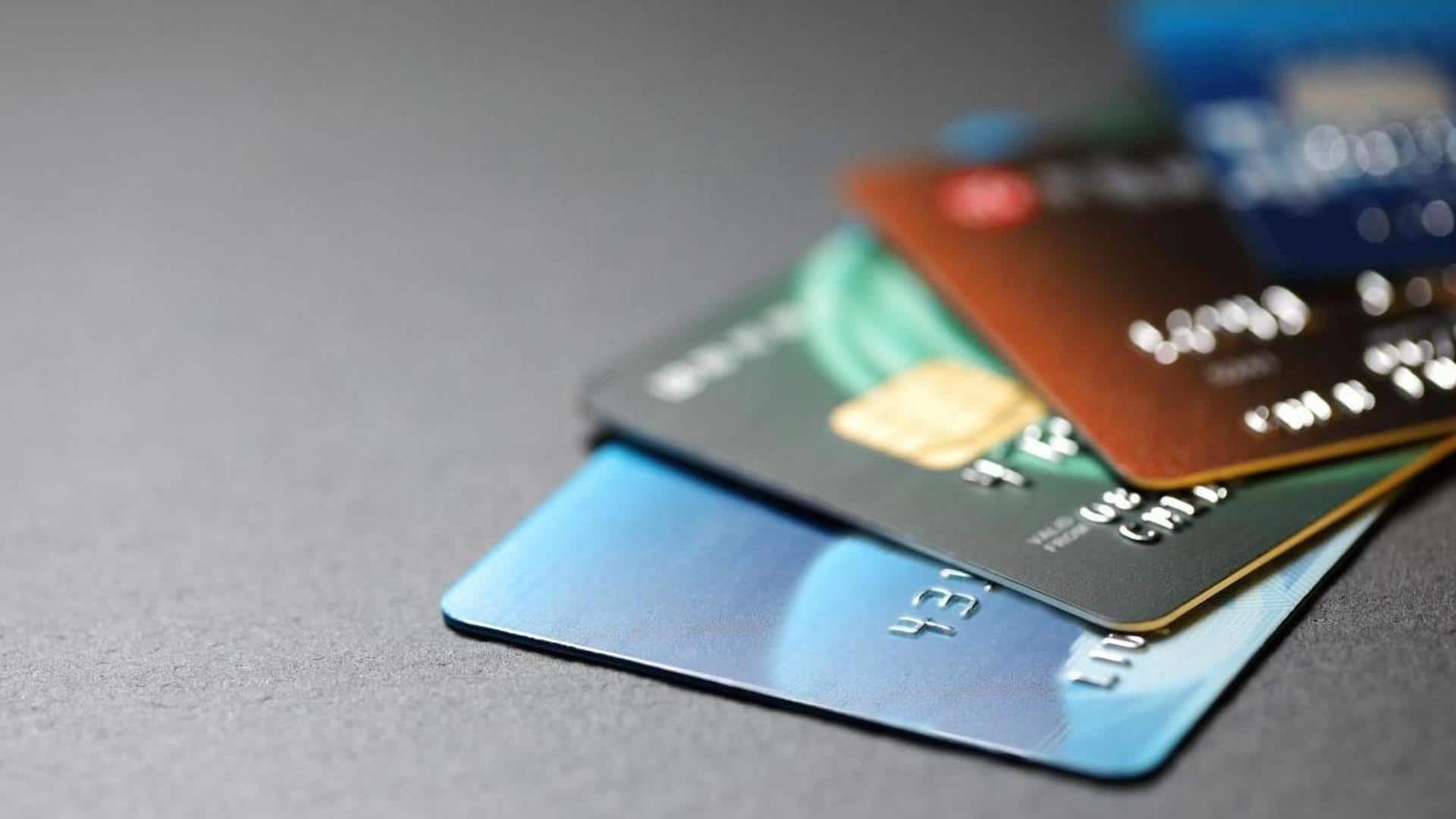
International credit card spending attracts 20% TCS: What it means
What's the story
Using credit cards on overseas holidays or business trips is about to become more expensive. Do you know why? Starting July 1, the Indian government has decided to charge a 20% tax collected at source (TCS) on all international credit card transactions. Let's take a look at what this means for those who use credit cards internationally.
Meaning
TCS will apply to international spending during vacations
Let's go case by case. For instance, you travel abroad for vacation and use your credit card to make several payments. Your total credit card spend during the trip came to Rs. 2.5 lakh. You have to add 20% TCS to this, which makes the total bill Rs. 3 lakh. But how do you pay the TCS?
Payment
Bank will deposit TCS against the users' PAN
TCS is a direct tax levy, which means it has to be paid upfront. In the case of international credit card spending, your credit card-issuing bank will deposit the 20% TCS against your PAN. We expect the TCS to reflect in your credit card statement. Taxpayers can claim/adjust this only at the time of filing tax returns.
Other cases
Overseas tour packages from agents will attract TCS
The 20% TCS will also apply to purchasing products from other countries or subscribing to overseas services. The government had previously increased the TCS on booking overseas tour packages from 5% to 20%. This change will also become effective from July 2023. In this case, the 20% TCS will apply regardless of the mode of payment.
Purpose
The move is aimed at boosting domestic tourism
The government has decided to introduce TCS on overseas credit card spending to boost domestic travel and track international transactions by Indians. There has been an increase in overseas spending by Indian travelers. The government wants to put clamps on this. The domestic tourism industry has been calling for an increased tax burden on overseas travel for a while.
Education
Educational and medical expenses are exempted
Now, what about education and medical treatment? The new TCS rate will not apply to educational and medical expenses. However, other remittances that do not fall under educational expenses will still attract the 20% TCS. Any remittance above Rs. 7 lakh made for foreign education through a loan attracts a TCS of 0.5%. If it's not a loan, the applicable TCS is 5%.
Amendment
Any transaction above $250,000 will require RBI's approval
The government introduced TCS on international credit card spending by amending rules under the Foreign Exchange Management Act. The amendment brought credit card spending outside India under the Liberalised Remittance Scheme (LRS). Not only do international credit card remittances attract TCS, but also fall under the LRS limit of $250,000. Any transaction above this limit requires the Reserve Bank of India's approval.
Quote
What the experts have to say
"This is a very important amendment and takes away the exemption credit cards enjoyed from being counted as LRS spends. We await the operational implementation by credit card issuing companies/banks in light of onerous TDS/TCS provisions," said Nischal Arora, partner at Nangia Andersen India.